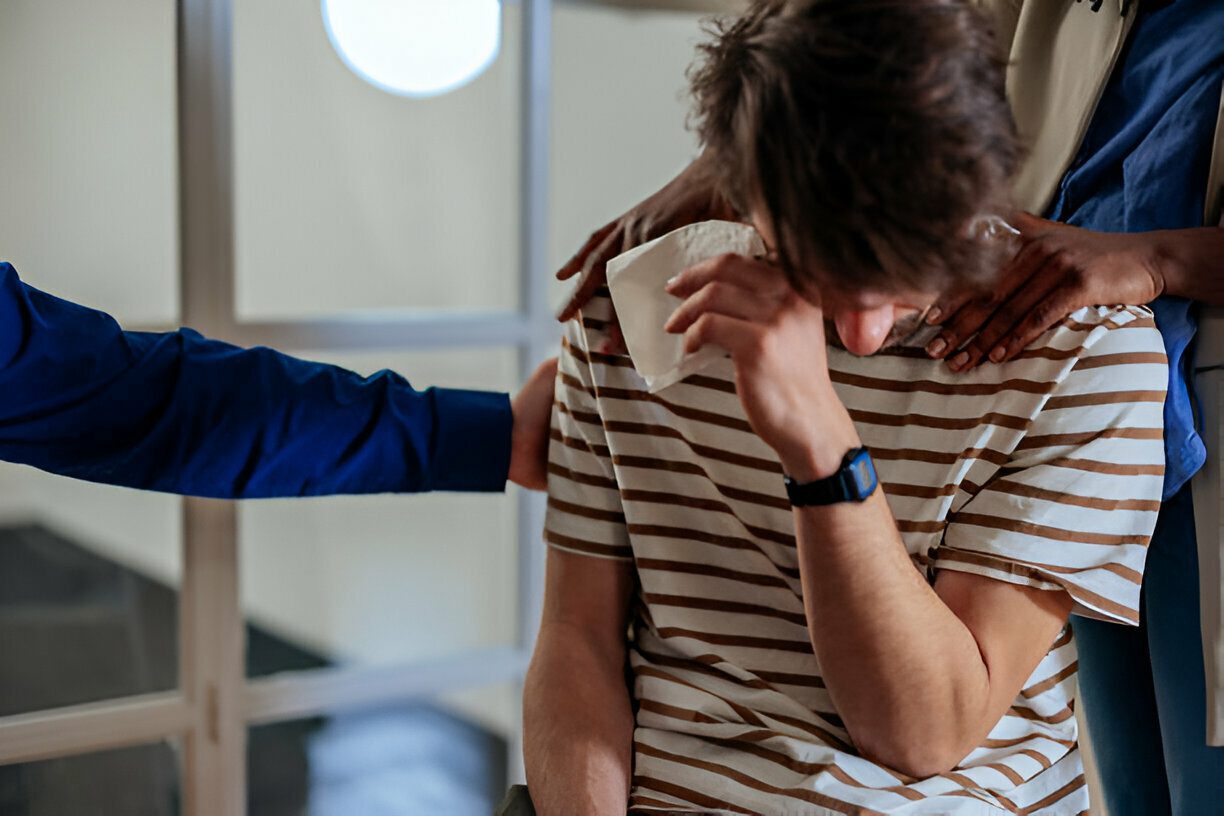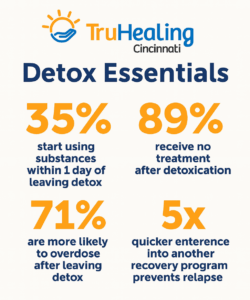When Detox Ends, But the Work Isn’t Done
I remember sitting on the edge of my detox bed thinking, “Now what?” My body had finally stopped shaking, but my mind was still a mess. I wasn’t sure where to go next—but I knew I wasn’t ready to go back home. That space was still too raw, too close to the chaos I’d just crawled out of.
If you’re in early recovery and trying to figure out how to keep going after detox, you’re not alone. The next step doesn’t have to feel overwhelming. A partial hospitalization program (PHP) can be the steady bridge between medical detox and real-life recovery—and you don’t have to figure it out alone.
Detox Is Just the Start—Not the Finish Line
Detox is important—it clears your system and gives your body a break. But detox doesn’t teach you how to stay sober when someone calls with a trigger. It doesn’t help you sit with shame, grief, or cravings. And it definitely doesn’t undo the emotional chaos most of us have carried for years.
That’s why PHP exists. It fills the space between detox and everyday life with structure, support, and skill-building.
At TruHealing Cincinnati, their partial hospitalization program in Ohio offers a full schedule of therapeutic support—without the need to stay overnight. You’ll spend most of the day in treatment and return home or to sober housing in the evening. It’s real help for a real-life transition.
Why People Lose Momentum After Detox—and How PHP Prevents That
There’s a quiet danger zone right after detox. The physical symptoms are mostly gone, but emotional rawness is at an all-time high. It’s easy to tell yourself you’re “fine now,” or feel too overwhelmed to choose a next step.
Here’s what often happens:
- You go home too fast. Being around old friends, family stress, or familiar routines can push you right back into survival mode.
- You try to handle it solo. Without daily support, triggers build up fast—and there’s no one there to help you process them.
- You delay treatment decisions. Even a week without a plan can be enough for fear, shame, or cravings to sneak back in.
PHP gives you momentum by offering daily connection, accountability, and healing—right when you need it most.
Don’t Let Shame Block the Door If You’ve Left Treatment Before
If you dropped out of IOP, ghosted a therapist, or left AMA in the past, you’re not disqualified from recovery. You’re human.
Lots of us have stepped out and come back in. TruHealing Cincinnati understands that. They’re not keeping a tally of your past decisions—they’re focused on what you need right now. And what you need right now might be exactly what PHP offers: a reset that respects where you’ve been.
There’s no script you have to follow to be “ready.” You just have to take the next right step.
What to Expect From a Partial Hospitalization Program
It helps to know what you’re signing up for. PHP is structured, but not overwhelming. Here’s a typical day might look like at TruHealing Cincinnati:
- Morning check-in and recovery planning
- Group therapy focusing on relapse prevention, emotional regulation, and coping skills
- Individual counseling sessions to work through trauma, shame, or anxiety
- Life skills classes that help you navigate real-world recovery
- Holistic and wellness options like mindfulness or movement-based therapy
You’ll go home each evening—either to your own place or to sober living. That balance helps you rebuild life one day at a time.
If You’re Scared, You’re Not Alone (and That Doesn’t Mean You’re Not Ready)
It’s okay to be unsure. It’s okay if you’re scared you won’t stick with it. What matters is that you’re considering the next step—that you’re even reading this blog.
People who’ve been through PHP often say it’s where they learned how to feel things without being destroyed by them. Where they made friends who actually got it. Where they started to believe that recovery was possible for them, not just for someone else.
If you’re still shaky, if you’ve messed up before, if you’re scared of wasting your one chance—know this: you can always come back.
Peer Quote
“I thought I’d screwed it all up by disappearing. But when I called back, they just said, ‘We’re glad you reached out.’ That changed everything.”
– PHP Client, 2024
FAQs About Transitioning from Detox to PHP
What is a partial hospitalization program (PHP)?
A PHP is a structured outpatient treatment option where you attend programming during the day and return home or to sober housing at night. It offers intensive therapy and support—usually five to six hours per day, five days a week.
Do I have to go through detox first to enter PHP?
Yes. PHP is most effective once substances are out of your system. If you’re still actively using or withdrawing, medical detox is the first step.
Is PHP the same as inpatient rehab?
Not exactly. Inpatient rehab involves 24/7 supervision and overnight stays. PHP is a step down from that—it’s still structured and intensive, but it gives you more freedom and personal responsibility.
What if I left another program before? Will they still accept me?
Absolutely. TruHealing Cincinnati welcomes people back—even if you left early or ghosted before. There’s no shame in needing another shot.
How do I pay for PHP?
Most commercial insurance plans cover PHP, and TruHealing Cincinnati can help you verify benefits. If you’re unsure about cost, just call and ask. You don’t have to have it all figured out to get started.
Quick Tips: How to Make the Transition Smoother
- Ask the detox staff to help coordinate your next step—they can connect you directly to a PHP.
- Start treatment the day after detox ends if possible. Gaps make relapse more likely.
- Let someone else help. You don’t need to handle intake calls or logistics alone—ask a friend, sponsor, or case manager to help.
- Pack for stability. Bring clothes, toiletries, and anything that grounds you. PHP isn’t sleep-away camp, but it helps to feel prepared.
- Stay open. The first week might feel weird. That doesn’t mean it’s not working.
Ready to Take the Next Step?
If you’re detoxed but not done, you’re in the right place. TruHealing Cincinnati offers a partial hospitalization program in Cincinnati, Ohio that understands recovery isn’t linear. We’ll help you keep moving—no shame, no pressure.
Call us today at 513-643-9117 or Contact Us. You’re allowed to keep going—even if you stopped before.


